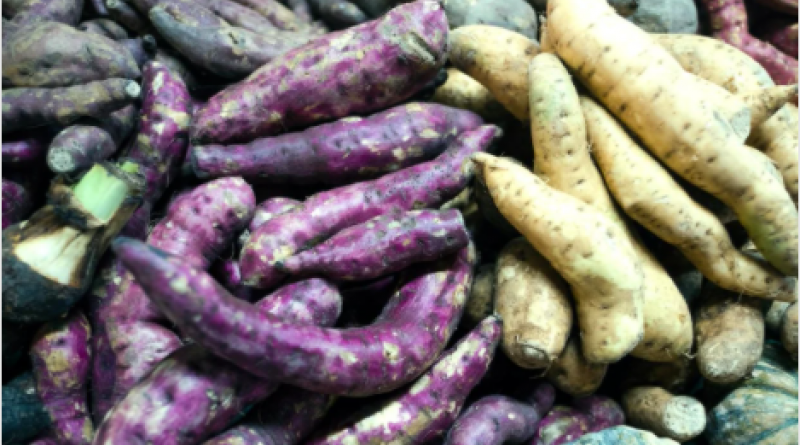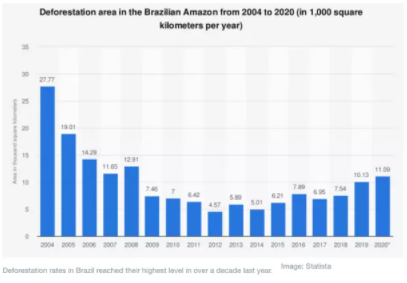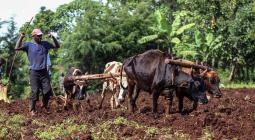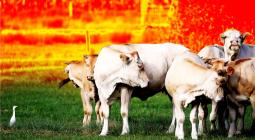Could This Root Vegetable Help Alleviate World Hunger and End Soil Erosion?

What thrives in poor soil, can tolerate rising temperatures and is brimming with calories?
The cassava – sometimes referred to as "the Rambo root." This plant could potentially help alleviate world hunger, provide economically viable agriculture and even put an end to soil erosion, according to research published in the journal Conservation Science and Practice.
Also known as yuca (but distinct from the ornamental yucca plant) the root of the cassava is a staple of many Caribbean and South American meals – and it will thrive in conditions too difficult for many other plants.
A Gateway Crop
"Evidence suggests (cassava) could potentially revive degraded land and make it productive anew, generating numerous positive socioeconomic and environmental impacts with proper crop management," said Maria Eliza Villarino, the report's lead author and a researcher at the Alliance of Bioversity International and the International Centre for Tropical Agriculture (CIAT), in the science publication, PhysOrg.
An estimated 40% of land in Colombia suffers from degradation, according to the alliance. It, therefore, "serves as a good testing ground for exploring the different possibilities that farming cassava could lead to."
The cassava could become a gateway crop, helping farmers bring once unproductive land back into use. Soil that has been revived could then be used to grow commercial crops like coffee or chocolate, corn or soy.
But Cassava Mustn't Tread the Same Path as Soy
The global market for soy is estimated at around $150 billion, and around 80% of all soy production comes from the U.S., Brazil and Argentina. Making space for soy farms has resulted in significant deforestation in parts of the Amazon rainforest, with the WWF estimating that "an area roughly the size of California" was lost to deforestation around the world between 2004 and 2017.

"We acknowledge that scaling up production of any commodity risks an increase in deforestation and biodiversity loss, and we need to do more research," Augusto Castro Nunez, a land-use and climate specialist at the alliance, said in the PhysOrg article. "But what we know is that we need something new; what has been done to prevent deforestation is not working, and this is something new."
17 February 2021
EcoWatch





